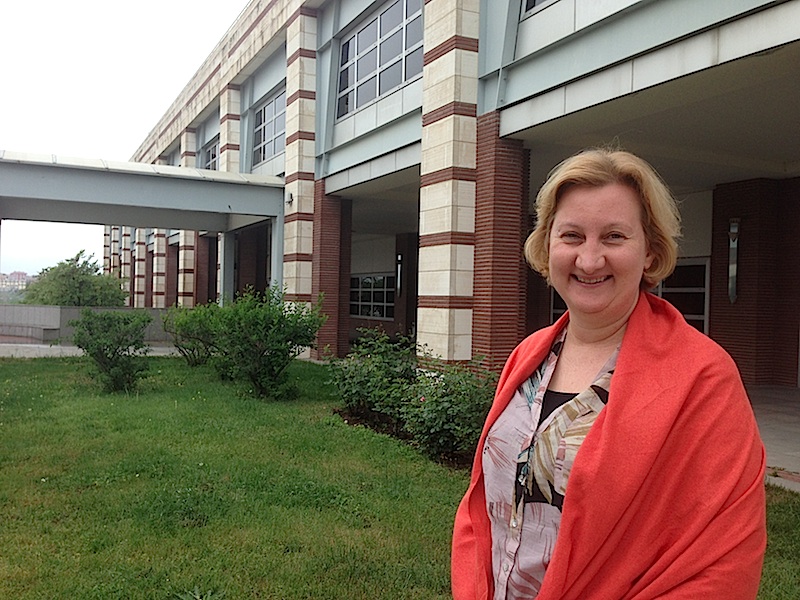Highlights of the EAQUALS Conference 18-20 April 2013 in Dublin
 Highlights of the EAQUALS Conference 18-20 April 2013 in Dublin
Highlights of the EAQUALS Conference 18-20 April 2013 in Dublin
by Sharon Çeltek
The theme of this conference was Effective Language School Management. Over 220 language education professionals from 21 countries attended this conference, making it the largest EAQUALS conference since the Association was founded in 1991.
Prior to the conference, I was able to work with our project partners on the Teacher Development Framework (TD-FRAM). This has now has now been published and we are working on fine-tuning it eg. incorporating training materials, making the text more interactive, extending the bibliography. We hope to bring out an online version in the future.
I attended a session on The role of CLIL and Plurilingualism in teaching languages given by Aine Furlong. In the context of language teaching and learning in Europe, CLIL and plurilingualism/culturalism have been described as the challenges of the 21st century. Aine Furlong looked at the rationale for these movements (eg. communication is now international; the need to provide for an authentic L2 learning context). She then looked at examples of transforming the language learner into a language user. She recommended a useful CLIL handbook to download. This handbook seems very useful for our teaching context.
The role of corporate social responsibility in today’s world by Justin Quinn outlined the history of CSR and then focused on how a group of schools in Ireland has tried to implement different projects related to CSR. It was encouraging to see that we are already doing many of the ideas he put forward eg. through CIP (teaching English to refugees), recycling.
I also attended two sessions sponsored by publishers- Cambridge and Oxford. The first one introduced the Cambridge English Teacher for CPD. If you join this, you have access to resources, webinars, discussion forums and short online courses. OUP gave a session in which they outlined research done by Catherine Walters and Jessica Briggs on behalf of OUP into what makes effective professional development. Findings included such factors as choice, collaboration, classroom-based focus. They also promoted their teaching website.
Dave Allan’s session on Managing to Motivate: what makes language education professionals work better? presented his research findings on this topic. An interesting finding was the importance of integrative motivation- teachers value belonging to a team as this gives them a sense of a wider purpose. To help achieve this, Dave Allen suggested having peer appraisal, team-teaching and peer observation schemes.
